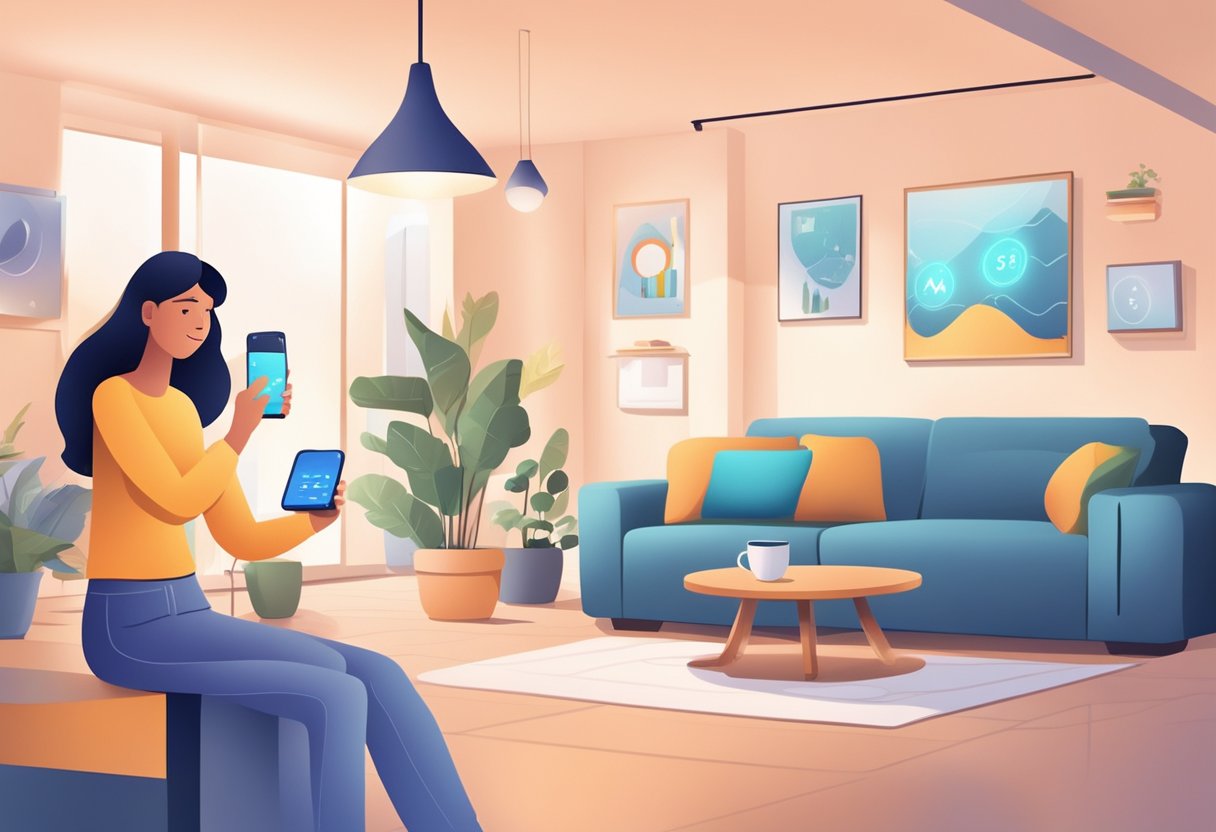How Smart Technology is Transforming the Way We Live: A Look at Modern Innovations

How Smart Technology is Transforming the Way We Live: A Look at Modern Innovations
Smart technology is reshaping daily life in unprecedented ways. From homes equipped with intelligent security systems to cities harnessing the Internet of Things (IoT) for better infrastructure, innovation is now embedded in how we live, work, and connect.
Smart technology doesn’t just automate tasks—it improves efficiency, enhances convenience, and raises the overall quality of life.

As smart devices collect and analyze data, they deliver personalized experiences that were once unimaginable. Everything from energy consumption to home security can now be managed automatically, providing both peace of mind and convenience.
Even beyond individual homes, the rise of smart cities is addressing urban challenges—streamlining traffic, improving public services, and fostering sustainable living.
Evolution of Smart Technology
📺 Watch: The Evolution of Smart Technology
Smart tech has come a long way—from basic remote-controlled gadgets to AI-powered systems that anticipate user needs. Let’s explore the key stages of this transformation.
The Genesis of Connected Devices
It all started in the early 1980s with simple connected devices. Think of remote-controlled appliances using infrared signals—basic, but revolutionary for their time.
Then came the internet boom in the 1990s, which allowed devices to communicate online. This milestone gave birth to the first smart home systems—users could now control lights, heating, and security via their computers.
By the early 2000s, Wi-Fi integration paved the way for a truly connected ecosystem where devices talked to each other, laying the foundation for today’s smart homes.
From Automation to Intelligence
Early automation focused on preset functionality. Devices ran on schedules or basic inputs. But things changed with the introduction of sensors and learning algorithms.
Today’s smart systems can adapt based on user behavior. For example:
- Nest Learning Thermostat: Learns your habits to optimize temperature settings, reducing energy costs and increasing comfort.
-
These systems go beyond automation—they deliver intelligent, responsive solutions.
Major Technological Milestones
Some pivotal innovations that propelled smart tech forward:
- Voice assistants like Amazon Echo and Google Home became central hubs.
- Smart fridges track inventory and recommend recipes.
- Wearables monitor health metrics in real time.
Together, AI, IoT, and machine learning transformed smart tech from novelty to necessity.
Smart Homes and the Internet of Things (IoT)
📺 Watch: The Smart Home Revolution
Smart homes are no longer futuristic concepts—they’re becoming mainstream, thanks to the power of IoT.
What Makes a Smart Home?
A smart home is a network of connected devices that work together to simplify life. These may include:
- Smart lights
- Thermostats
- Security cameras
- Kitchen appliances
Centralized platforms like Amazon Alexa and Google Home let users control multiple devices through a single app or voice command.
Imagine setting your thermostat, locking your doors, and turning off all lights with one phrase: “Goodnight.”
Privacy and Security in IoT
With convenience comes responsibility. Smart devices collect personal data, so security is essential.
Here’s how users can stay protected:
- Use strong, unique passwords
- Enable two-factor authentication
- Separate your smart devices from your personal Wi-Fi network
- Regularly update firmware to fix vulnerabilities
Being proactive helps keep your smart home secure from digital threats.
The Future of Home Automation
What’s next?
- AI-driven homes that adjust lighting and temperature based on your mood
- Green technology that cuts utility costs and carbon emissions
- Voice and gesture control for seamless interaction
Homes of the future will not only be smarter but also more sustainable and responsive to user needs.
Impact on Daily Life

Smart technology is becoming deeply embedded in daily life—from making chores easier to promoting wellness and eco-conscious living.
Lifestyle and Convenience
Smart tech simplifies routines:
- Smart thermostats adjust temperatures based on your habits.
- Voice assistants can manage your calendar or order groceries.
- Smart kitchen appliances streamline meal prep and clean-up.
Even transportation is evolving—ride-sharing apps and real-time traffic data help users save time and reduce stress.
Energy Efficiency and Sustainability
Smart homes are also green homes.
- Smart meters provide real-time feedback on energy use.
- Automated plugs and lights cut power usage when not needed.
- Smart irrigation systems save water based on local weather forecasts.
These systems are not only good for the environment—they’re also great for your wallet.
Health and Safety
Health and safety are at the core of many smart innovations:
- Wearables track fitness and alert users to health concerns.
- Smart home security systems monitor activity and alert homeowners in real-time.
- Telehealth tools allow remote consultations and ongoing health monitoring.
This kind of tech empowers people to live healthier, safer, and more independent lives.




